


175 Posts

May 1, 2018
Hospitalists: A key link in a cancer patient's continuum of careFor cancer hospital inpatients, hospitalists often act as team leaders—collaborating with the members of the cancer patient’s care team to coordinate treatment plan details and therapies designed to manage side effects.
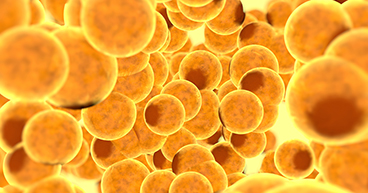
April 26, 2018
Another concern for obese patients: Fat cells may hinder chemotherapy’s impactObese cancer patients often don’t respond as well to chemotherapy as patients who are not overweight. One study may explain why.
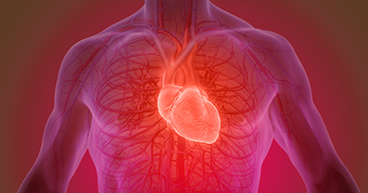
April 19, 2018
Cardio-oncology: Emerging field focuses attention on preventing heart damageIt’s a common conundrum faced by cancer doctors: Many of the treatments they use to fight cancer may do their job well, but at the same time, they may cause serious damage to the heart.
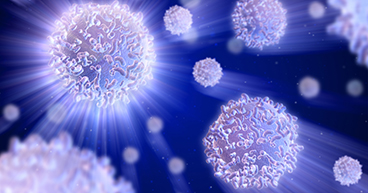
April 10, 2018
Focused radiation may help turn on the immune systemResearchers are finding that combining immunotherapy with focused radiation treatments delivered directly to the tumor sometimes shrinks not just the targeted tumor, but cancers located in areas of the body that were not radiated.
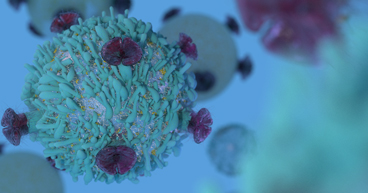
April 5, 2018
Metastatic breast cancer drugs may help patients delay chemotherapySome patients may put off chemotherapy treatments for more than two years, thanks to a new class of drugs approved for metastatic breast cancer.

March 8, 2018
Exceptional responders: Why do some cancer drugs work for them and not others?Some cancer patients respond so well to certain treatment when others do not that scientists are researching what makes them unique. Find out what they're learning about so-called exceptional responders, and how that may lead to advancements in cancer treatment.

February 13, 2018
Pain management therapies relying less on opioidsIn the midst of a deadly opioid crisis, pain management doctors are increasingly turning to other therapies to control cancer-related pain with fewer side effects.
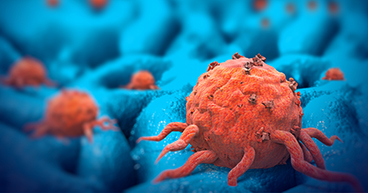
February 8, 2018
How does cancer do that? Cancer cells find ways to resist treatmentDevastating to patients and frustrating for doctors, resistance to treatment is all too common in many types of cancers.

January 30, 2018
Improving body image in the new yearCancer not only threatens patients’ physical health; for many, it changes how they thrive in their everyday environment. Here are some ways to find new joy and a reinvented sense of self in 2018.
Guidelines
The information contained in this blog is not intended nor implied to be a substitute for professional medical advice. Always seek the advice of your physician or other qualified health provider prior to starting any new treatment or with any questions you may have regarding a medical condition. Nothing contained in the blog is intended to be used for medical diagnosis or treatment of any illness, condition or disease.